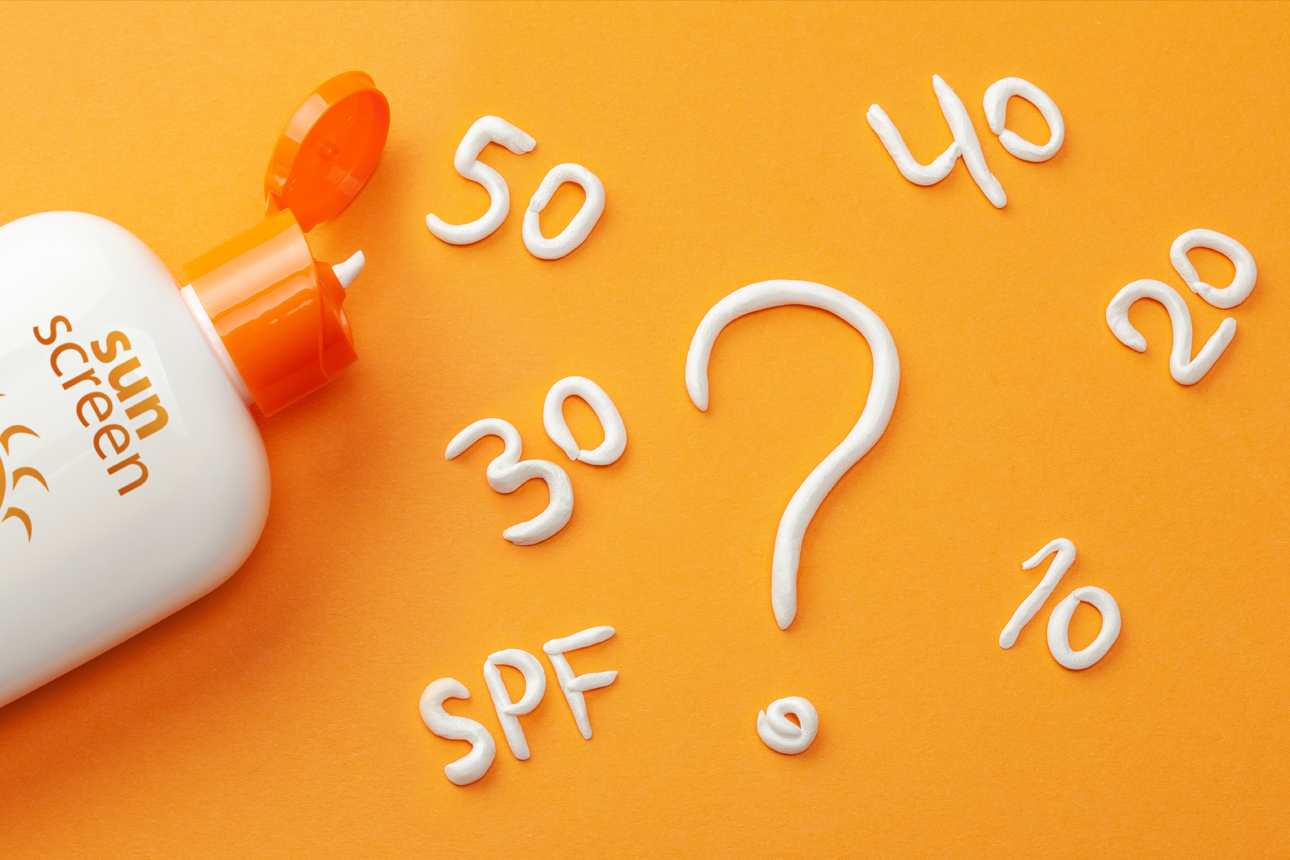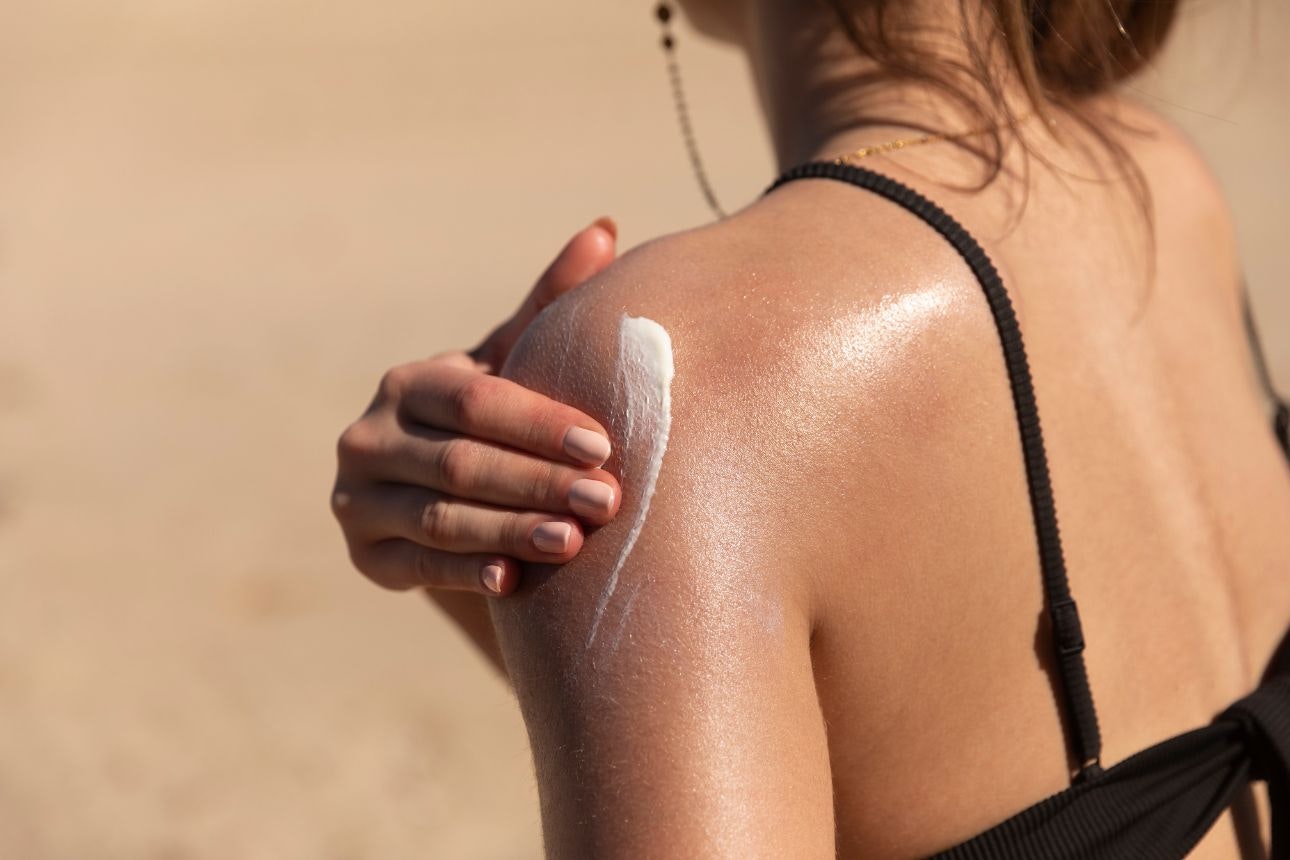Do cheap sunnies protect your eyes? We test 50 pairs ranging from $2 to $192.
Why wear sunglasses?
Wearing sunglasses is important for protecting your eyes. As well as protecting the delicate skin around the eye against skin cancer, sunnies help reduce the risk of developing other eye conditions such as cataracts, macular degeneration of the retina (a leading cause of blindness in later life), and pterygium (a growth on the surface on the eye).
UV radiation can also cause ‘snow blindness’ or photokeratitis. This is sunburn of the cornea, a painful but fortunately temporary condition. It’s particularly a problem when UV is reflected from below (by water, sand, or snow), because this bypasses the protection provided by a cap or hat.
As well as wearing sunglasses, it’s important to wear a broad-brimmed hat. It can block up to 50% of UV from the eyes.
What to consider
1. Check for a standard. Look for sunglasses that comply with the Australian standard AS 1067:2016.
2. Bigger is better. The more coverage, the less damage inflicted on the eyes and skin around them. Close-fitting, wraparound styles are best because they help cut down the UV rays entering from the side.
3. Check the lens category. The category refers to how dark or dense the lenses are. Categories range from 0 to 4, with 4 being the darkest.
Category 0 and 1 are fashion spectacles (not sunglasses) so have limited protection from the sun.
Category 2 sunnies provide a medium level of glare reduction and good UV protection.
Category 3 sunnies provide a high level of glare protection and good UV protection.
Category 4 sunnies provide a high level of glare protection and good UV protection. They are ideal for snowboarding or skiing activities but aren’t recommended for driving as the lenses are too dark to see clearly.
Sunglasses FAQs
Do polarised glasses give better protection?
Polarised lenses are designed to combat glare reflected from horizontal surfaces. They protect against UV with the same filters as any other lens but they also cut glare and let you see into water and not be dazzled by the reflection. Polarised glasses are good for driving and outdoor activities in the snow or on water.
Do mirrored lenses provide good protection?
Mirrored lenses have highly reflective coatings that reduce the amount of light entering the eye. They are good in bright conditions such as skiing on a sunny day.
What styles give the best protection?
Close-fitting wraparound glasses offer better protection for the eye, eyelids and delicate skin around the eyes.
Should children wear sunglasses?
UV damage is cumulative and irreversible so it’s important to get children wearing sunglasses from an early age. Kids also often have larger pupils that let more light enter the eye. To ensure they wear them, choose sunnies they find comfortable and are happy to wear. Children should not wear Category 4 sunglasses.
What tint gives the best protection?
Generally, the tint colour isn’t an issue. Make sure glasses are dark enough to keep your eyes comfortable, but not so dark they reduce your vision. Category 4 sunglasses aren’t recommended for driving because the lenses are too dark.



